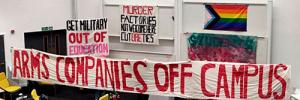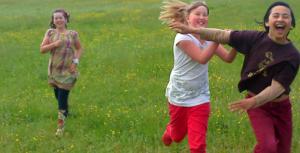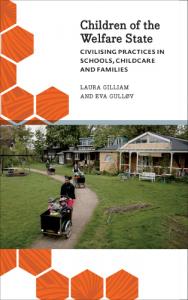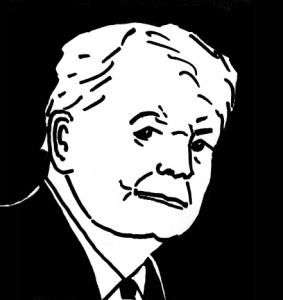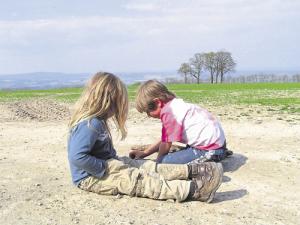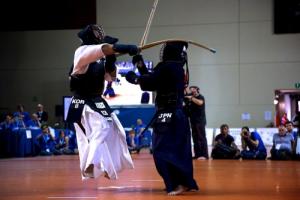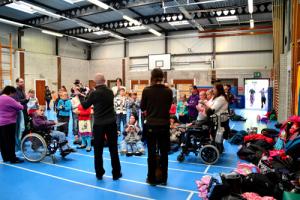Home education in England has jumped a massive 50 percent since 2018, according to separate investigations by Schools Week and the Guardian.
The latest figures from local authorities show that 116,300 children were being home-educated at some point in the 2021 – 2022 school year.
The corresponding figure was just 78,800 back in 2018 – 2019, according to the association of directors of children’s services.
There is increasing pressure for a compulsory register for home-…


